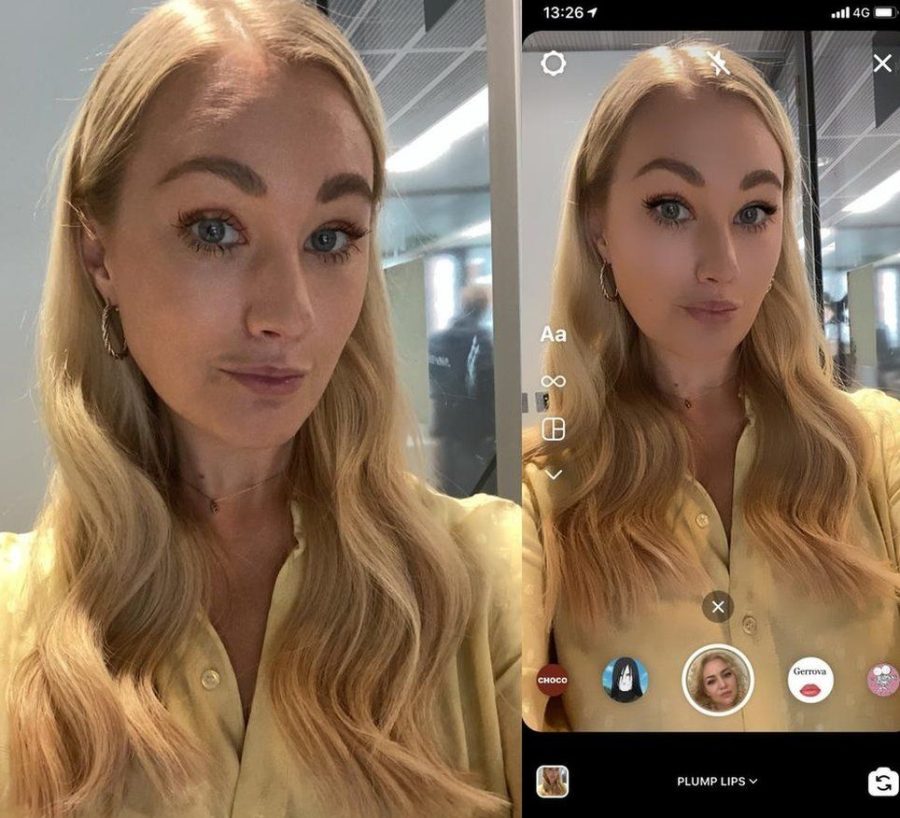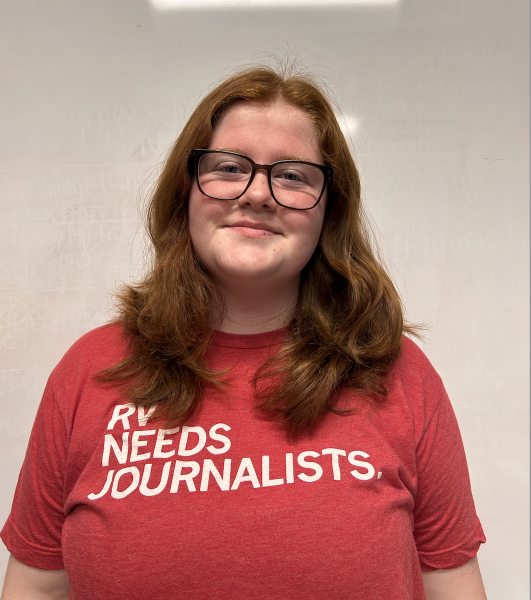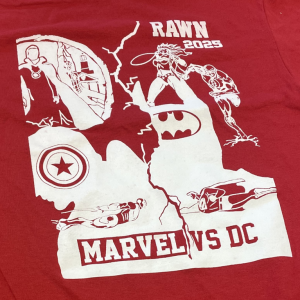Competition and body image: how social media promotes eating disorders
Major platforms like Instagram and TikTok create distorted views of health and beauty
Filters can change everything from skin tone to eye shape.
November 19, 2021
When young girls see women like Kylie Jenner and Gigi Hadid on their screens, they think something is wrong with them. Eating disorders are a crisis in today’s society, especially in young girls. According to “Mirasol,” “Eating disorder statistics provided by the National Eating Disorder Association are even higher, and indicate that 10 million American women suffer from eating disorders.”
Social media platforms such as Instagram, where you can just upload a single picture and a short caption, have become extremely toxic because of excessive editing and face-tuning apps, such as FaceTune and FaceApp, where people are able to change the shape of the face, frame of their body and even the color of their teeth. When someone logs on to their Instagram account and sees these pictures, they think they are real and they must look like that. A big issue is body shape and size, leading to easily influenced adolescents to starve themselves, aiming to achieve a fake body type.
Other social media platforms such as TikTok, where creators can upload videos about almost anything, have become extremely dangerous too. TikTok creators will post “what I eat in a day” videos, including all of the calories with each thing they eat. Some people will post these videos for inspiration as they are personally recovering from an eating disorder, but some get out of hand. An article from “BornWithoutMarbles” says, “However, one of the biggest dangers that isn’t quite as discussed is the fact that eating disorders can be incredibly competitive.” Because of the competitive nature behind eating disorders, when people see how many calories someone is consuming, they attempt to eat less.
Social media definitely can be a positive space for people to learn more and express themselves through, although we need to acknowledge its flaws. We need to normalize posting “selfies” that actually look like ourselves, and videos that encourage eating a healthy amount to support your body. This is nothing against anyone who edits their pictures, because they only feel like they have to from society’s twisted view of body image and the beauty of individuality.







